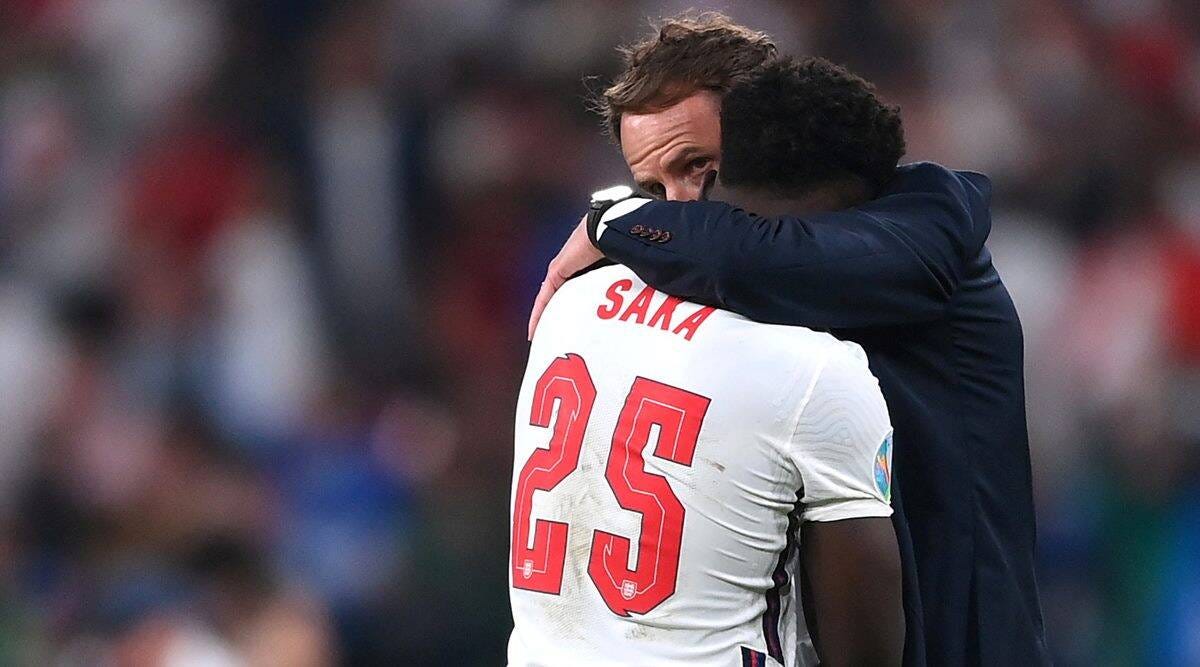Who let the racist trolls out?
Following England's crushing penalty shootout defeat, Internet Trolls flooded Twitter under #Euro2020final posting racist messages against England’s black players, Sako, Rashford & Sancho
In the aftermath of England's loss at the Euros, a wave of disappointment swept across the country. This was followed, distastefully, by acts of hooliganism that saw Leicester Square littered with broken glass bottles and witnessing unsightly acts of public indecency. Yet, what nobody had been prepared for was the shocking racism that reared its ugly head online and targeted black British players for being the reason behind England's defeat.
Much has been said on the topic. It does not require yet another perspective to realise that this is a wake-up call for us as a country. That we have a long way to go before becoming a truly inclusive and multicultural society is obvious. What worries me, however, is how the path towards such a society is littered with dangerous digital manipulation and the deliberate stoking of racial tension.
The facts are on the table. After England lost, outrageous tweets and Instagram comments made their way onto the internet throwing racial slurs at Marcus Rashford, Bukayo Saka, and Jadon Sancho. These were widely condemned across the board, from politicians and celebrities alike. Questions were raised about the role politicians had played in allowing such a denigration of the Three Lions to be made possible. And then claims were made about the foreign origins of these comments, suggesting a malicious disinformation campaign originating in Russia.
For starters, regardless of the origins of the comments, the participation of English fans in racist rhetoric is undeniable. I agree with former MI5 chief Ken McCallum, who dismissed allegations of foreign interference and argued that we cannot, and should not, turn to Russia to hide our problems under the carpet.
Despite this, I cannot help but acknowledge that a large number of tweets and messages did not come from within the UK. This does not absolve us of accountability, but rather points to a more complex web of the creation of hatred online that we simply have no tools to tackle. A strand of racist abuse originating in Russia might be picked up by someone in the United States before finally being modified further by an unemployed young man in England and posted under Rashford's tweets. In an age of international complicity, how do we move towards global accountability?
For this, social media companies have to be taken to task. When algorithms are evolving rapidly to cater to commercial needs, we must see more robust mechanisms that can nip online hatred in the bud. This certainly isn't an easy task. In the diffuse, nebulous world of the internet, the sheer volume and scale of content making its way online makes it more difficult than ever before to monitor and take down. But this certainly isn't an insurmountable or unsolvable problem. Public pressure and government action must force social media companies to take online hatred seriously.
We simply cannot afford to let this go on.



